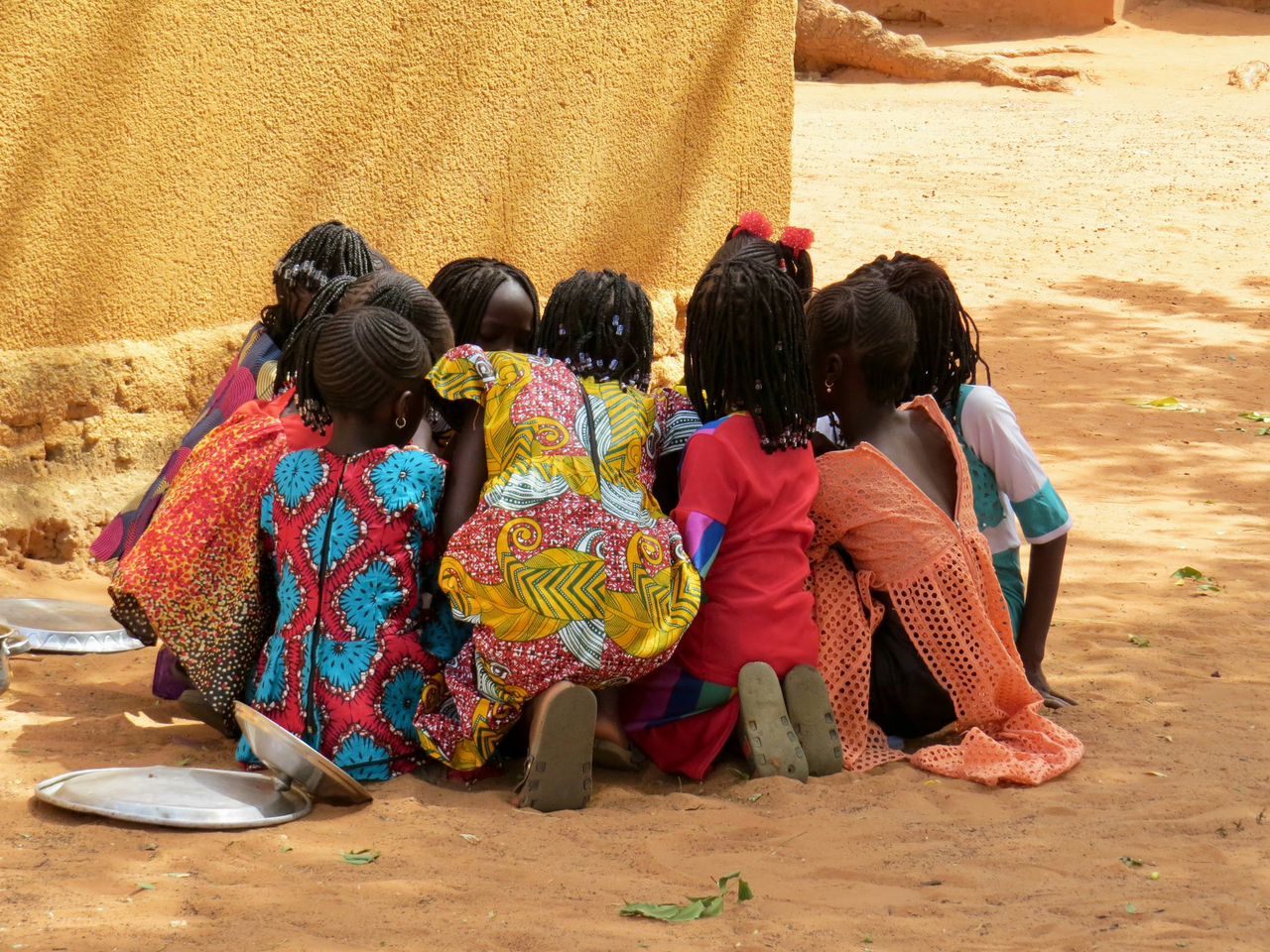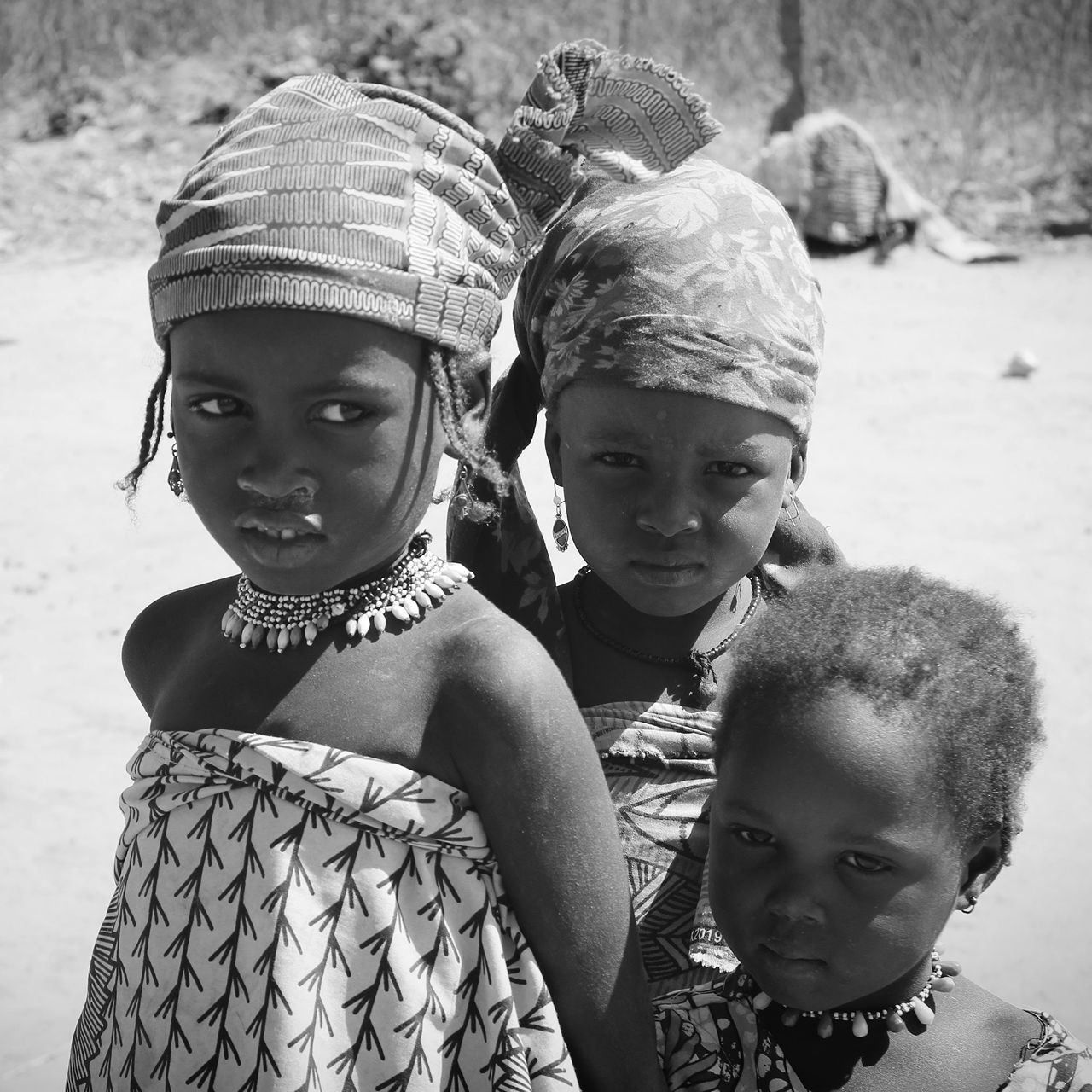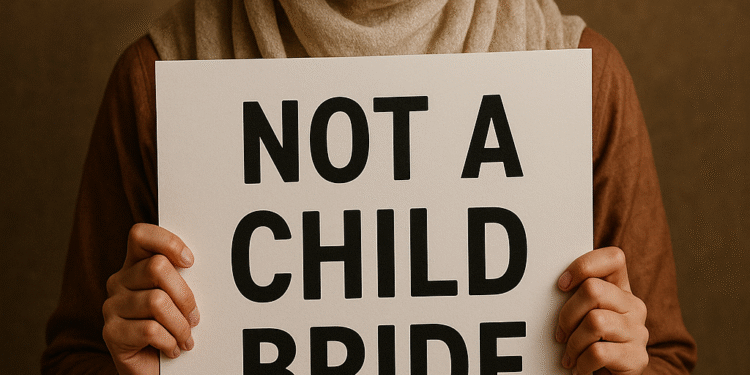Nigeria has finally taken what many describe as a bold legal step by passing a bill that prescribes life imprisonment for anyone found guilty of defiling a minor. This looks like a victory for justice, a step towards protecting children from sexual predators. But when you take a closer look, especially through the lens of Nigeria’s diverse cultural and religious systems, this new law opens a deep moral and constitutional wound. Because if Nigeria truly bans sex with minors, then what happens to Muslim marriages to minors that are still legally and socially permitted in parts of the North?

Life Imprisonment for Defilement
The National Assembly, during plenary, unanimously agreed that anyone convicted of defiling a minor should face life imprisonment without the option of a fine. Senate President Godswill Akpabio declared that the law applies to anyone, irrespective of gender, emphasizing that defilement destroys the life of a child forever. The Senate went beyond Senator Adams Oshiomhole’s initial proposal of 20 years imprisonment and adopted a stricter punishment after Senator Adamu Aliero moved a motion for life imprisonment, supported by Senator Olamilekan Yayi.
This new law redefines justice for victims of sexual abuse, ensuring that both male and female minors are covered under the same legal protection. It appears as though Nigeria is finally drawing a hard line between what is acceptable and what is criminal when it comes to sexual contact with minors. But as the dust settles, one question lingers: Who exactly qualifies as a minor in this context — and what happens to religious marriages involving underage girls?
The Legal Confusion
Under the Child Rights Act of 2003, a child is defined as anyone below the age of 18. The Act also states clearly in Section 21 that “no person under the age of 18 years is capable of contracting a valid marriage.” In addition, Section 31(1) criminalizes sexual intercourse with a child and labels it as defilement, punishable by life imprisonment.
That looks neat and clear — until you remember that not all Nigerian states have domesticated this law. Many northern states have refused to adopt the Child Rights Act, arguing that it conflicts with Islamic principles which recognize marriage based on puberty rather than age. This is where the contradiction begins.
If the new Senate law says that sex with anyone under 18 is defilement, then technically, marital sex with a minor, even if done under religious or traditional approval, still falls under that definition. Yet, in practice, northern Islamic marriages involving underage girls continue without interference, openly protected by religious and cultural doctrines.
The Religion vs. Constitution Dilemma
Islamic law, which guides marriage practices in many northern states, does not tie marriage to a specific age but rather to physical maturity or puberty. That means a girl who is deemed physically mature, even if under 18, can be married. Once that happens, any sexual relationship within that marriage is seen as lawful under Islamic and customary laws.
But here’s where the contradiction bites deeper: Nigeria’s 1999 Constitution (as amended) in Section 42 prohibits discrimination based on sex, religion, or circumstance of birth. It also declares that no religion should dominate or influence state policies under Section 10, which forbids the adoption of any religion as state religion. Yet, by allowing Muslim marriages involving minors to persist, the government indirectly enforces religious law over constitutional law, something the Constitution explicitly forbids.
So while the National Assembly celebrates this new law as a triumph for children’s rights, it conveniently ignores the reality that thousands of girls under 18 are already in legally recognized marriages sanctioned by state and religion.
So, Who Does This Law Protect?
A law that punishes defilement but turns a blind eye to child marriages is not justice, it’s hypocrisy written in legal grammar. If Nigeria truly means to protect minors, then the definition of “minor” cannot depend on geography or religion. A 13-year-old girl in Lagos should not have more legal protection than a 13-year-old in Zamfara just because one lives under secular law and the other under Sharia influence.
What the new law does, knowingly or not, is divide Nigerian children into two groups, those who are “protected by the Constitution” and those who are “protected by culture.” But protection that depends on culture is no protection at all.
Selective Morality in a Secular State
The Senate’s move for life imprisonment for sex with minors sounds very good until you remember that some of the same lawmakers who voted for this bill have, in the past, defended underage marriage in the North as a religious right. It’s a tragic irony that lawmakers can clap for a bill banning defilement while still protecting systems that allow it under another name.
If the act of sleeping with a girl under 18 is now considered defilement, then what do we call sleeping with a “wife” who is 14? The law cannot call it defilement in Lagos and marriage in Kano. That is selective morality and selective morality cannot stand under a single Constitution.

The Need for Uniform Protection
It is time for Nigeria to be honest with itself. If the Senate wants to protect children, then it must do so completely, not partially. Every child, regardless of religion or region, deserves the same protection. The Child Rights Act should be made compulsory in all 36 states, and any marriage involving a person under 18 should be considered null and void under the law.
Religious leaders, too, must accept that cultural or spiritual justification cannot override a national legal standard meant to protect the vulnerable. If a girl is too young to vote, drive, or sign a legal document, then she is too young to marry or consent to sex whether it happens in a house, a church, or a mosque.
Nigeria’s new law against sex with minors looks like a victory, but it hides a deeper problem of inconsistency and moral confusion. Until the country confronts its double standards, banning defilement while tolerating child marriage, this victory will remain hollow.
So yes, Nigeria bans sex with minors, but it still ignores Muslim marriages to minors. The question is not whether we have laws, but whether we have the courage to apply them equally. Because until every child in Nigeria is truly protected, all we have are good laws written for bad politics.

















